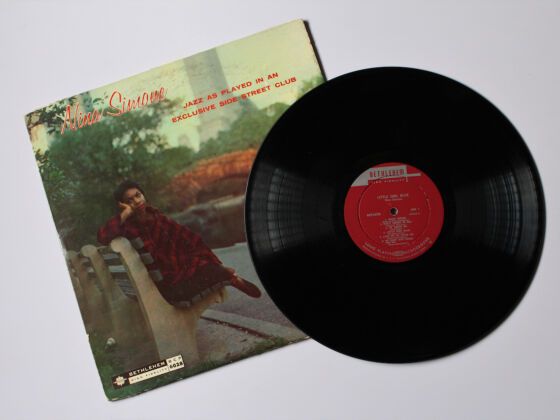The Dixie Chicks’ Natalie Maines
In front of a London audience, days before the US invasion of Iraq in 2003, Maines said, “Just so you know, we’re on the good side with y’all. We do not want this war, this violence, and we’re ashamed that the President of the United States is from Texas.”
The ensuing repercussions of this statement included death threats, a group of former fans gathering to publicly crush their CDs with a bulldozer as well as untold losses in ticket and album sales. Sentiment against the band was so pervasive that radio stations were banned from playing them, and two Colorado radio DJs were suspended defying the ban.
The band stood behind Maines even as she apologized and then later retracted the apology, though the group alienated much of their target demographic by doing so.
Here’s an Oprah segment about the controversy:
These days Maines is a supporter of the West Memphis 3 in the 17-year-old conviction of three teenage boys for killing a child based on nonexistent evidence.
